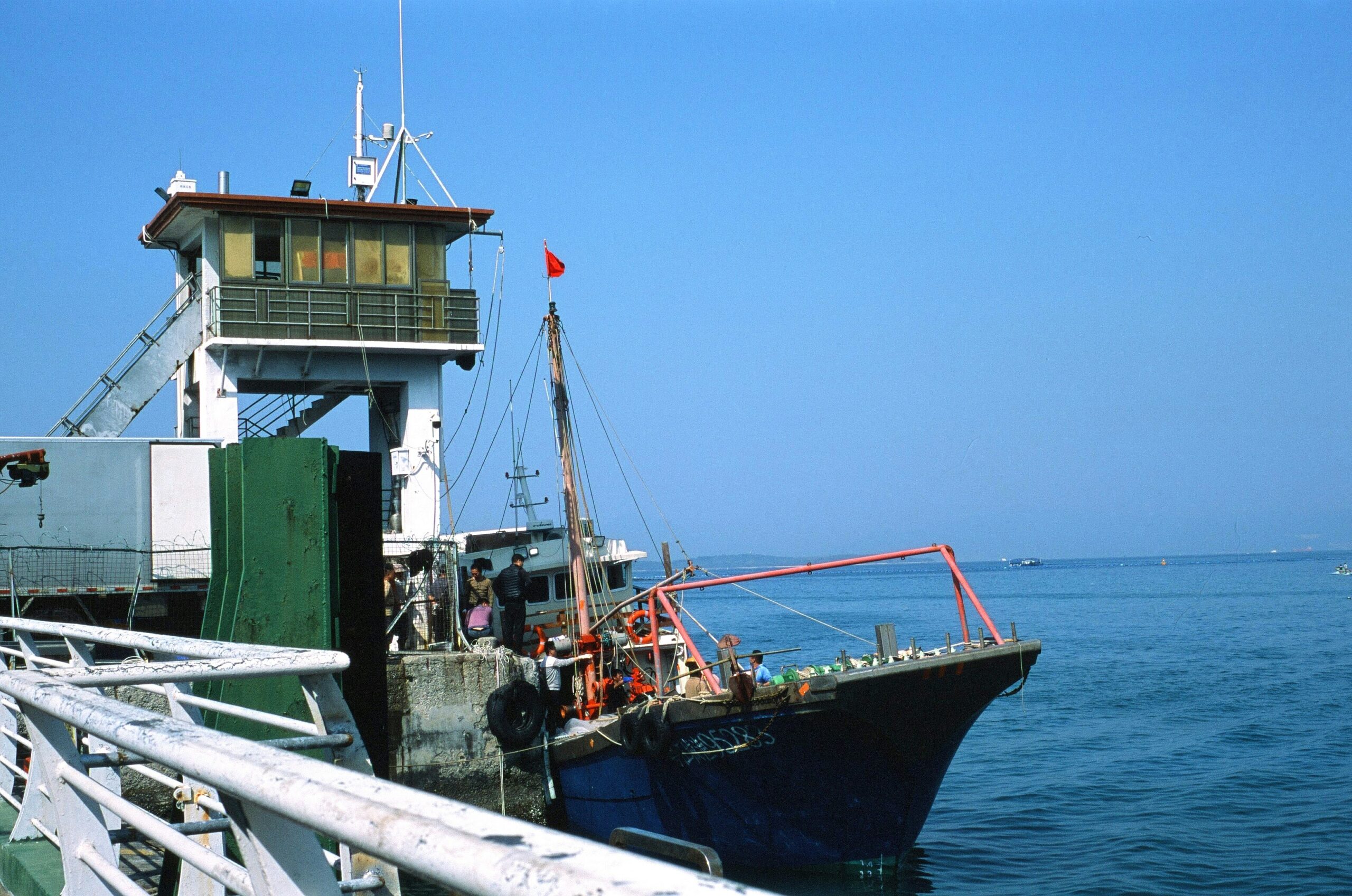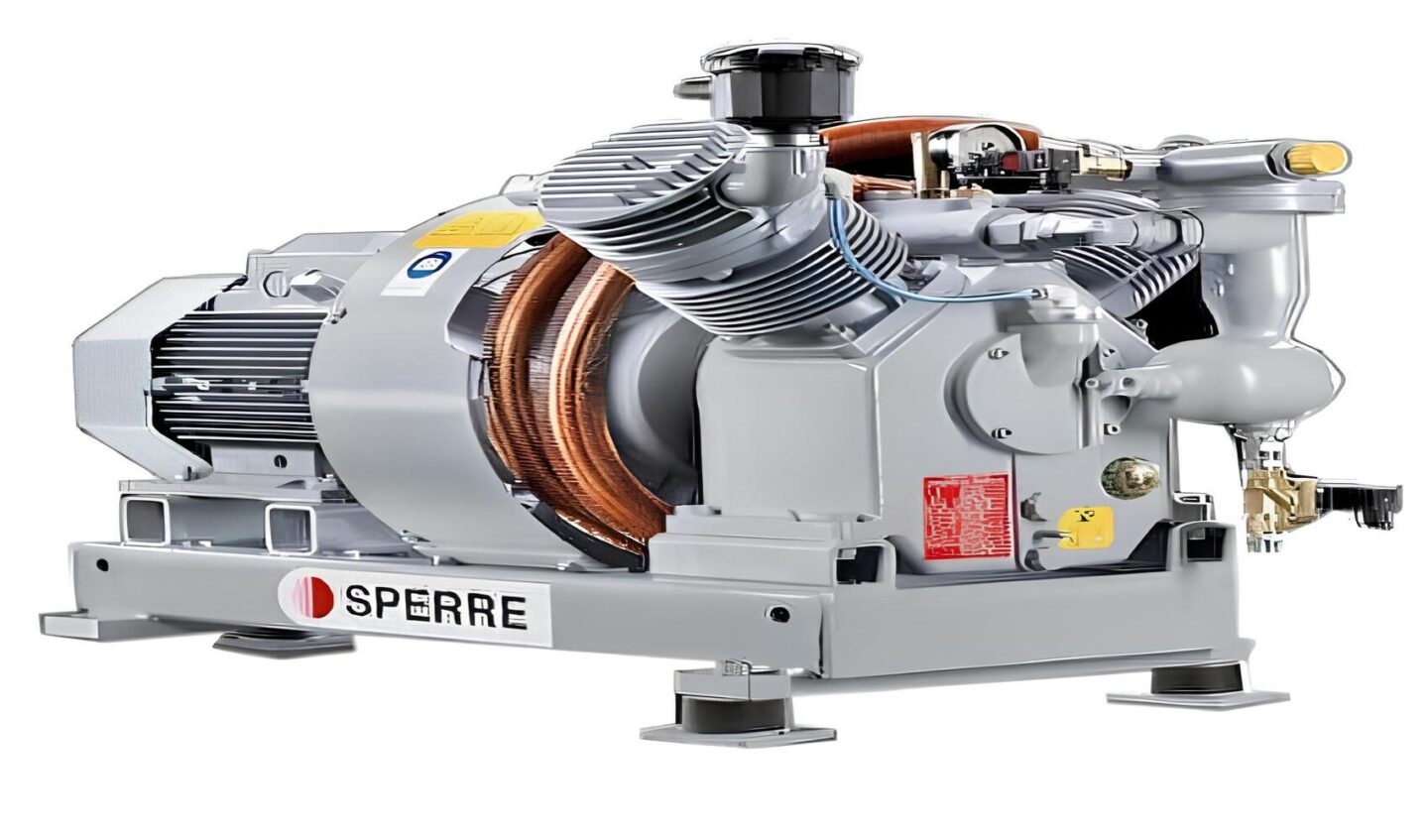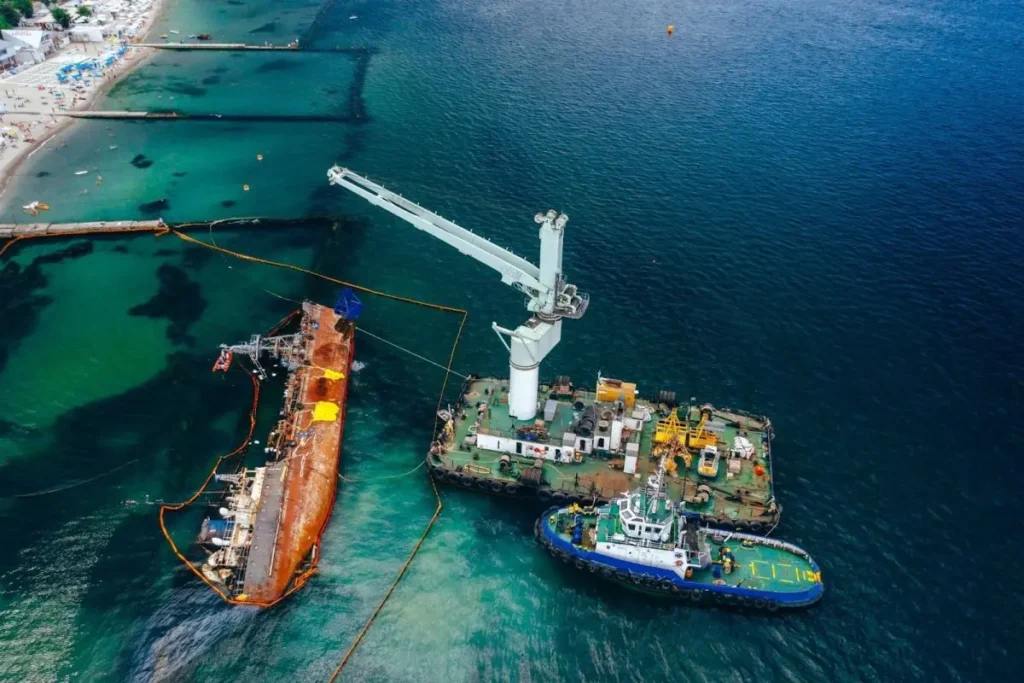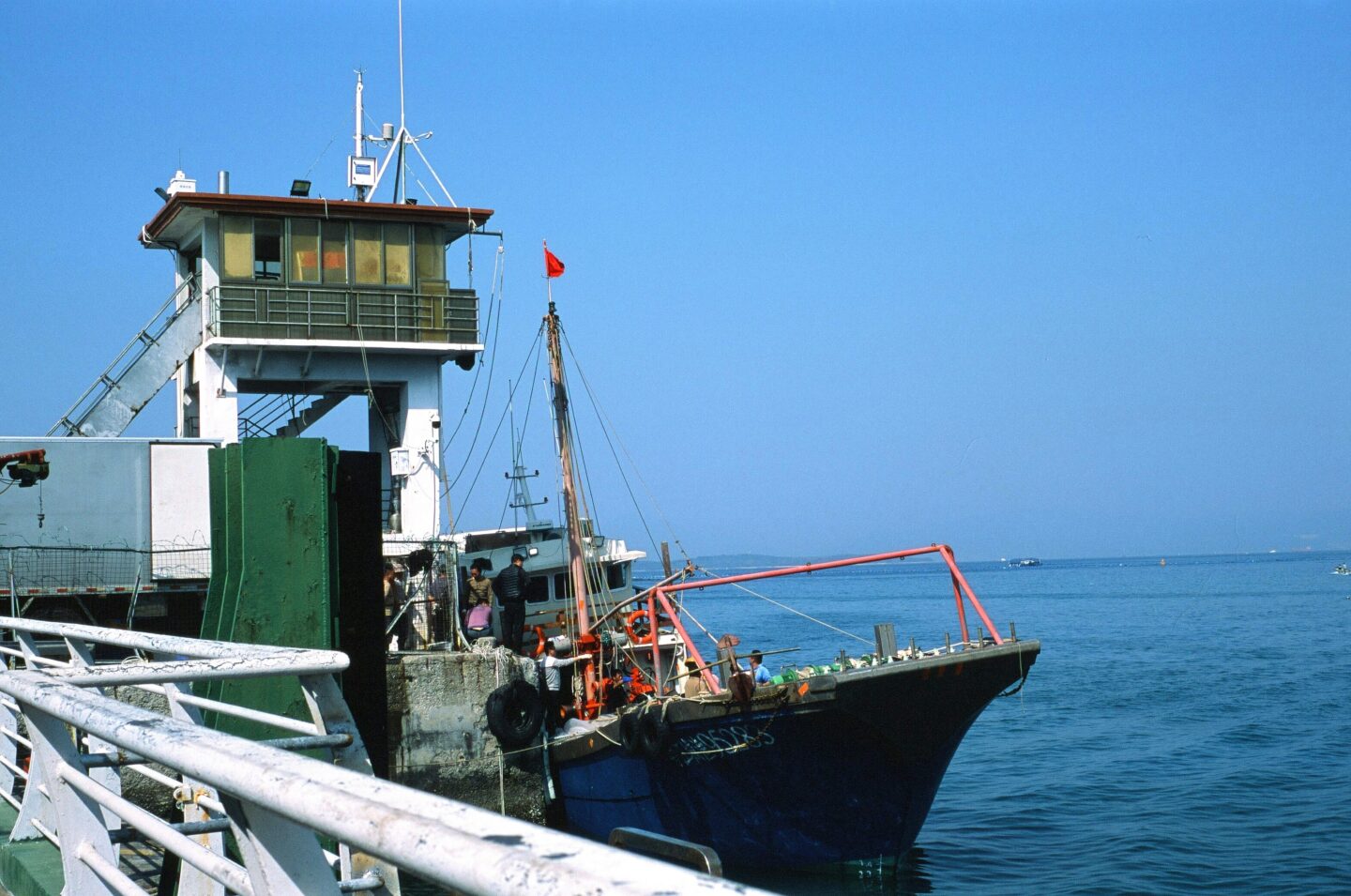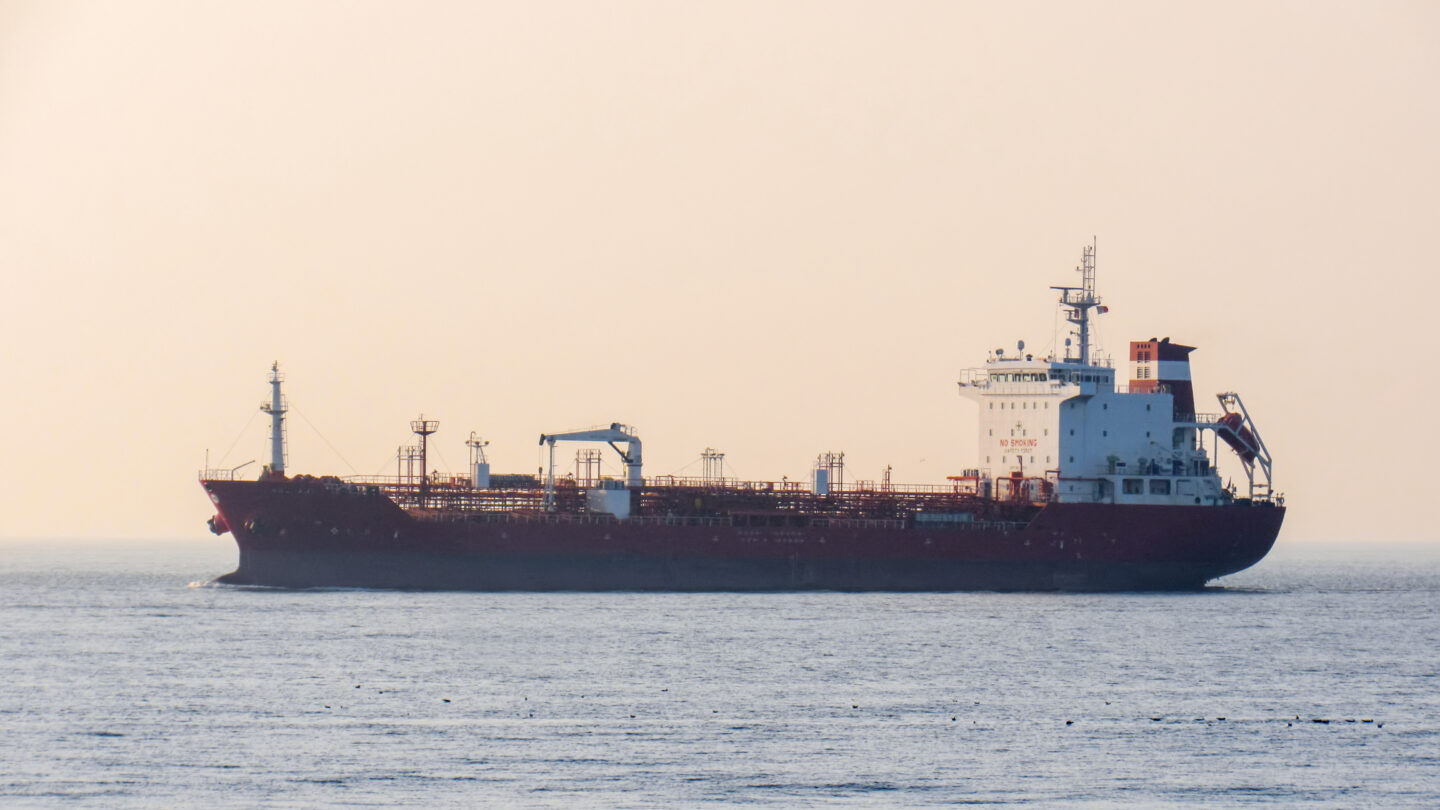Why Cooling Pump Maintenance Matters at Sea
On the high and harsh grounds of the open sea, the cooling system must be in top shape to ensure the efficiency of your marine vessel. The core of that system is the cooling pump, which circulates water or coolant and removes the heat generated by important machinery, including the engine and turbine.
In the absence of this critical element, ships risk instant death by overheating or total system failures. An untreated cooling pump not only compromises the temperature control and the overall safety of the vessel operation but also causes the repair expenses to skyrocket, sudden loss of operating time, and, worst case, complete engine malfunction.
The Hidden Dangers of Ignoring Cooling Pump Maintenance
Overheating and Equipment Failure
Overheating is the most direct and most threatening effect of inadequate maintenance. In a situation when a cooling pump experiences a diminished flow or impaired efficiency, it becomes incapable of sufficient coolant circulation. This causes excessive heat in the system, particularly in high-load places such as the engine room.
This buildup of heat, unattended, may lead to devastating failures, including, but not limited to, engine seizure, motor burnout, or distorted engine parts. What might start as a slight decrease in performance may become a full-scale crisis at sea.
Increased Operational Costs and Fuel Consumption
A failing cooling pump doesn’t just impact performance—it drains your wallet. When heat removal becomes inefficient, auxiliary systems must work harder to compensate. The result? Higher fuel consumption, increased operational costs, and more frequent system breakdowns.
As internal components are pushed beyond their recommended duty cycles, the entire system becomes less reliable and pricier to operate. Without proper upkeep, you’re not just risking machinery but also inflating your maintenance price tag.
Damage to Other Systems (Cooling Tower, Heat Exchanger)
The entire vessel bears the consequences of improper cooling pump maintenance. System integrity is very sensitive to cooling towers, heat exchangers, and even fine filter elements. Marine growth or corrosion, especially from untreated seawater, clogs the suction ports or strainers, causing damage to the components. Unattended deposits cause pressure losses, flow anomalies, and early failure of auxiliary systems that support the cooling process.
Reduced Performance of Critical Pump Types
Marine pumps come in various forms that require customised maintenance procedures. Whether it is a close-coupled centrifugal pump, a long-coupled centrifugal pump, or a self-priming centrifugal pump, failure to provide good care may gravely inhibit the flow rate, intensify vibration, and generate load imbalances.
As an illustration, the close-coupled centrifugal pump, which is characterised by its small size, may have its motor damaged due to inadequate lubrication or contamination. In the meantime, long-coupled versions can have misalignment problems unless regularly checked. Preventive care is essential because each pump type has its own vulnerabilities.
What to Do: Smart Maintenance Tips for Marine Cooling Pumps
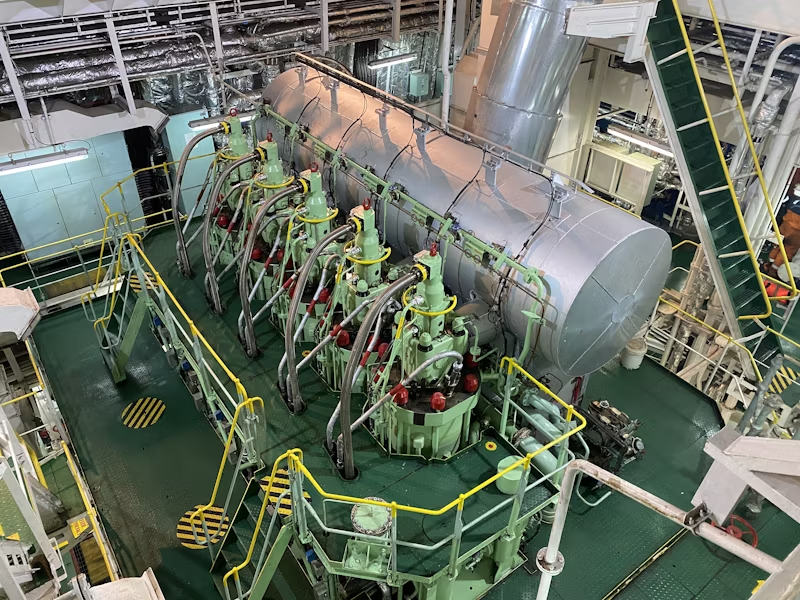
Choosing the Right Cooling Pump Type for Your Needs
The first step in maintenance is ensuring you’re using the right pump for the job. Evaluate factors like system compatibility, drive requirements, and intended duty cycle.
- Close-coupled centrifugal pumps are best for compact systems with minimal vibration.
- Long-coupled centrifugal pumps offer easier maintenance and access to components.
- Self-priming centrifugal pumps work well for systems prone to air entrapment.
Depending on installation constraints and fluid pressure needs, you may also consider configurations like vertical inline, horizontal, or multistage.
Maintain a Regular Inspection and Replacement Schedule
Routine checks help you detect issues early. Watch for:
- Decreased flow rate
- Abnormal operation or noise
- Rising operating temperatures
Promptly replace worn-out motors, clogged filters, or leaking gaskets. Even minor issues can snowball into significant performance losses if not addressed in time.
Don’t Forget the Water Source and Reservoir
Effective pump maintenance goes beyond the pump itself. Your water source and reservoir play a key role in system reliability. Keep an eye on:
- Clean fluid supply, free of contaminants
- Proper reservoir levels
- Correct glycol concentration (for temperature regulation and corrosion control)
Using dirty or unbalanced cooling water pumps increases the risk of liquid clogging, overheating, and even microbial growth, which can compromise pump health.
Conclusion: Protect Your Vessel with Proper Cooling Pump Care
Neglecting the maintenance of your cooling pumps can lead to serious consequences. Whether it is engine failure and motor burnout or skyrocketing expenses and lost efficiency, the ramifications run through the reliability of your vessel and into your bottom line.
With a properly selected pump, a consistent maintenance routine, and informed management of your fluid systems, you can vastly increase the working life of your equipment—and enhance safety on board.
At K-Marine, we support the full spectrum of marine cooling needs, from proper pump selection to preventive maintenance services. Partnering with the right experts ensures your vessel stays efficient, safe, and seaworthy for the long haul.
